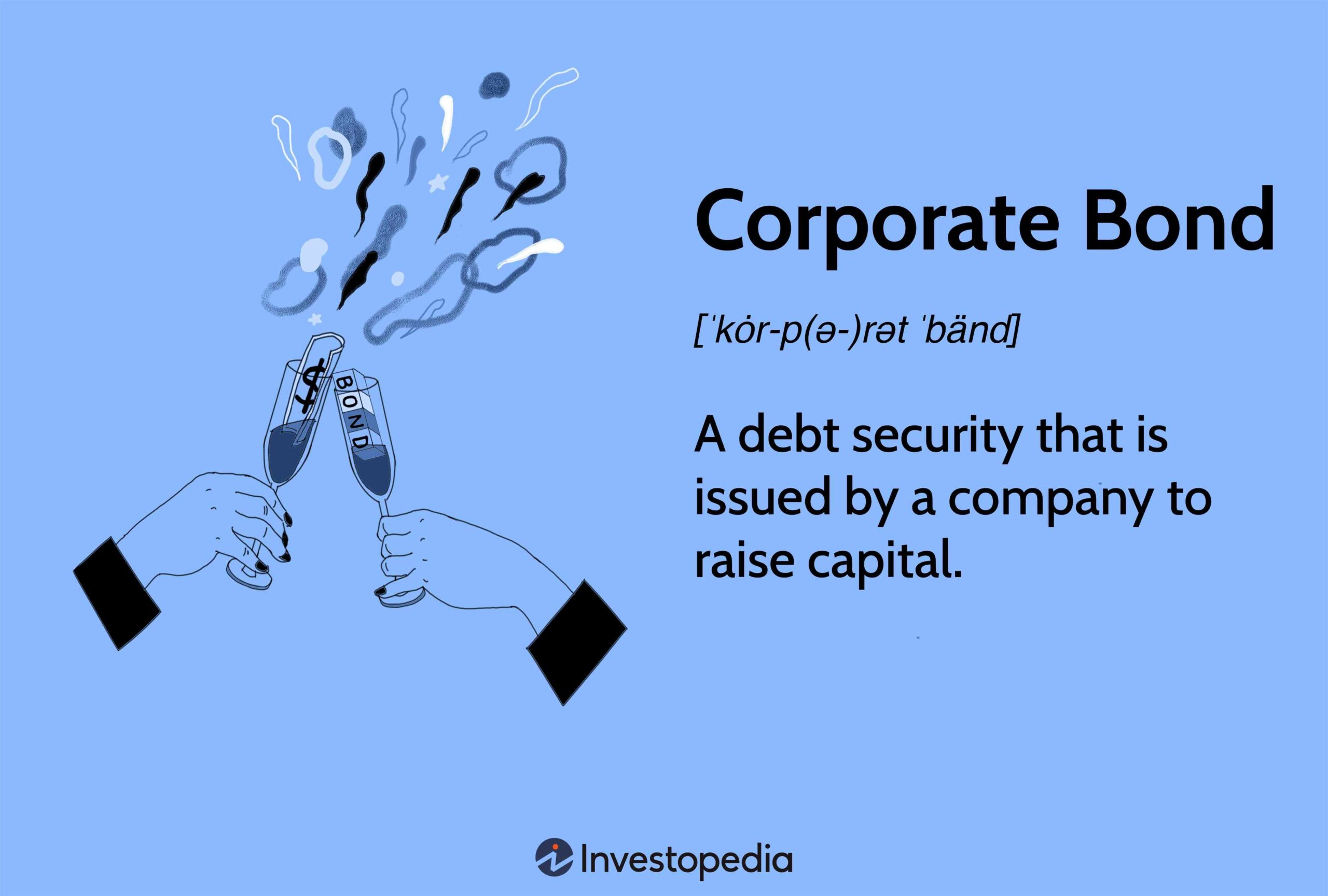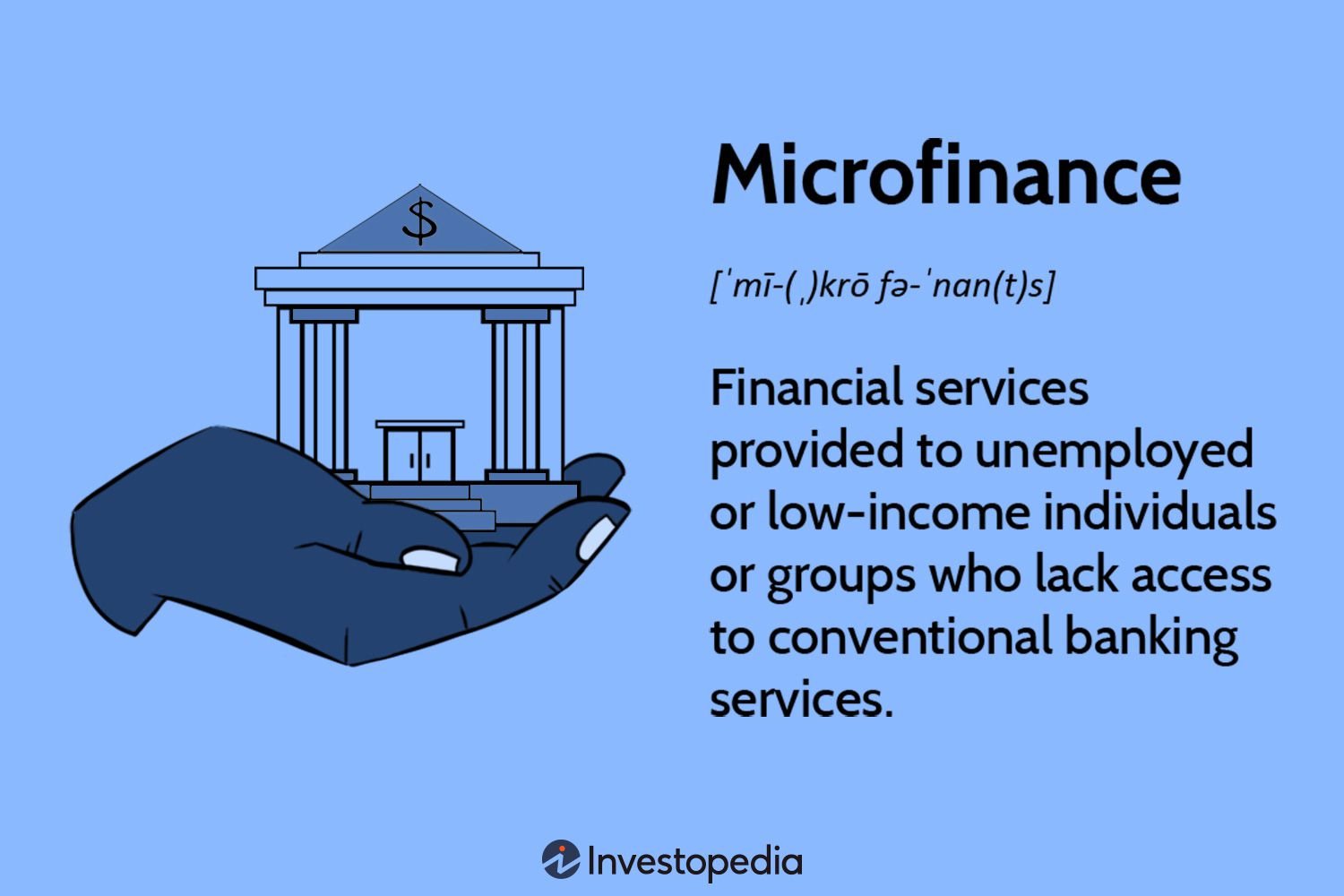Corporate bonds play a crucial role in the world of finance. So, what is a corporate bond in finance? Simply put, it is a debt instrument issued by a corporation to raise capital. These bonds are bought by investors who lend money to the company in return for regular interest payments and the eventual repayment of the principal amount. In essence, corporate bonds provide a way for companies to borrow money from the public. Let’s dive deeper into the fascinating world of corporate bonds and explore their significance in the financial landscape.
What is a Corporate Bond in Finance?
When it comes to understanding the intricacies of the financial world, one important concept to grasp is the corporate bond. In simple terms, a corporate bond is a debt security issued by a corporation to raise capital from investors. Essentially, it is a loan provided by investors to the company in exchange for regular interest payments and the return of the principal amount at maturity.
Corporate bonds are a vital part of the financial landscape as they enable companies to fund their operations, finance investments, and pursue growth opportunities. They offer a means for corporations to tap into the vast pool of capital available in the market by appealing to a wide range of investors seeking to diversify their investment portfolios.
Let’s delve deeper into the world of corporate bonds to understand their features, types, and why investors find them attractive.
Features of Corporate Bonds
Corporate bonds come with a set of distinctive features that make them stand out in the world of finance. Here are some key features to consider:
1. Issuer: Corporate bonds are issued by companies to raise funds for various purposes. These companies can range from small startups to large multinational corporations.
2. Principal Amount: The principal amount of a corporate bond is the initial amount borrowed by the company, typically referred to as the face value or par value. This amount is repaid to bondholders at maturity.
3. Interest Payments: Like any debt instrument, corporate bonds carry a fixed or floating interest rate, known as the coupon rate. Interest payments are typically made semi-annually or annually, providing a predictable income stream to bondholders.
4. Maturity Date: Corporate bonds have a specified maturity date, which indicates the time period until the bond is repaid in full. Maturities can range from a few years to several decades.
5. Rating: Corporations’ creditworthiness is assessed by credit rating agencies, and bonds are assigned ratings based on their default risk. Higher-rated bonds are considered less risky but offer lower returns, while lower-rated bonds carry higher risk but potentially higher yields.
Types of Corporate Bonds
Corporate bonds come in various types, offering investors flexibility and choices. Here are some common types of corporate bonds:
1. Investment-Grade Bonds: These are bonds issued by companies with high credit ratings, indicating a low risk of default. Investment-grade bonds are considered relatively safe investments, but they typically offer lower yields compared to riskier bonds.
2. High-Yield Bonds: Also known as junk bonds, high-yield bonds are issued by companies with below-investment-grade credit ratings. They carry higher default risk but offer higher interest rates to compensate for the increased risk.
3. Convertible Bonds: Convertible bonds have a unique feature that allows bondholders to convert the bond into a predetermined number of the company’s common stock. This option provides potential upside if the company’s stock price rises.
4. Callable Bonds: Callable bonds give the issuing company the right to redeem the bonds before their maturity date. This feature benefits the issuer if interest rates decline, but it can result in early repayment for bondholders.
5. Zero-Coupon Bonds: Zero-coupon bonds do not pay regular interest. Instead, they are issued at a discount to their face value and provide a return through appreciation over time. The investor receives the face value at maturity.
Why Invest in Corporate Bonds?
Corporate bonds serve as an attractive investment option for various reasons. Let’s explore why investors choose to include corporate bonds in their portfolios:
1. Regular Income: Corporate bonds offer a predictable income stream through regular interest payments. This can be particularly appealing for investors seeking stable cash flows and income generation.
2. Diversification: Adding corporate bonds to an investment portfolio can help diversify risk. Bonds often have a low correlation with other asset classes, such as stocks, which means their performance may vary independently from other investments.
3. Capital Preservation: Corporate bonds provide the assurance of the return of principal amount at maturity, offering a level of capital preservation. This can be beneficial for more conservative investors looking to protect their initial investment.
4. Range of Yields: Corporate bonds offer a spectrum of yields depending on their credit rating and risk profile. This allows investors to choose bonds that align with their risk appetite and return objectives.
5. Secondary Market Liquidity: Corporate bonds are often traded in secondary markets, providing investors with the flexibility to buy or sell bonds before their maturity date. This liquidity ensures that investors can adjust their bond holdings according to market conditions.
In conclusion, understanding corporate bonds is crucial for anyone looking to navigate the world of finance and investing. By comprehending their features, types, and benefits, investors can make informed decisions about incorporating corporate bonds into their portfolios. Whether seeking a stable income stream, diversification, or capital preservation, corporate bonds offer a wide range of options to suit various investment objectives.
How to Invest in Corporate Bonds
Frequently Asked Questions
Frequently Asked Questions (FAQs)
What is a corporate bond in finance?
A corporate bond is a type of debt instrument issued by corporations to raise capital. It represents a contract between the issuing company and the investor, where the company agrees to pay interest on the borrowed amount and repay the principal at a specified future date.
How do corporate bonds work?
Corporate bonds work by allowing companies to borrow money from investors. Investors purchase these bonds and become creditors of the issuing company. The company pays a fixed interest rate, known as the coupon rate, to bondholders for a predetermined period. At maturity, the company repays the original investment amount.
What is the difference between corporate bonds and stocks?
Unlike stocks, which represent ownership in a company, corporate bonds represent debt. When you buy a bond, you are lending money to the company, whereas buying stocks means you become a partial owner of the company. Bondholders have a higher claim on a company’s assets in case of bankruptcy compared to shareholders.
Are corporate bonds a safe investment?
Corporate bonds carry a certain level of risk. The risk primarily depends on the creditworthiness of the issuing company. Bonds from financially stable companies with good credit ratings are generally considered safer investments. However, there is always a possibility of default or credit risk associated with corporate bonds.
What is the relationship between bond prices and interest rates?
Bond prices and interest rates have an inverse relationship. When interest rates rise, bond prices typically fall, and vice versa. This is because when new bonds with higher interest rates become available, existing bonds with lower coupon rates become less attractive, leading to a decrease in their market value.
What is the maturity of a corporate bond?
The maturity of a corporate bond refers to the length of time until the bond’s principal amount is repaid. It can range from a few months to several decades. Short-term bonds typically have maturities of one to five years, while long-term bonds have maturities of ten years or more.
Can individuals invest in corporate bonds?
Yes, individual investors can invest in corporate bonds. They can buy corporate bonds directly from the issuing company or through a brokerage account. There are also bond mutual funds and exchange-traded funds (ETFs) that allow individuals to invest in a diversified portfolio of corporate bonds.
What factors should I consider before investing in corporate bonds?
Before investing in corporate bonds, consider factors such as the credit rating of the issuing company, the bond’s yield and maturity, prevailing interest rates, and the overall economic conditions. It’s important to assess the risk-return profile and ensure it aligns with your investment goals and risk tolerance.
Final Thoughts
Corporate bonds are key instruments in finance that allow companies to raise capital by borrowing money from investors. These bonds are essentially loans made by bondholders to corporations, with interest payments and a promise of repayment at maturity. They offer investors a fixed income stream and are considered less risky than stocks. Corporate bonds can be bought and sold on financial markets, providing liquidity and flexibility for investors. Understanding what is a corporate bond in finance is crucial for individuals and institutions seeking to diversify their investment portfolios and generate stable returns.



